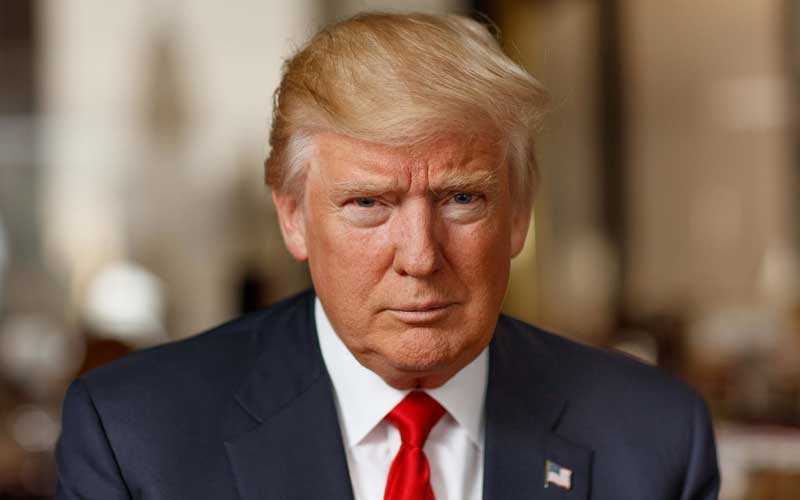US-China Relations: Election Year and US ‘Control’ of Competition with China
(Hong Kong) on 11 June 2024
by Zhang Zhaoxi (link to original)
Joe Biden’s administration continues to maintain a tone of strategic competition with China, but it has recently been intent on highlighting what it refers to as “managed competition.” During the 2020 presidential election, Biden and the Republican Party clashed on China policy before he took office, as the two sides competed for a show of strength against China and attacked each other’s weaknesses. The Biden administration has since continued the previous administration’s policy of maintaining strategic competition with China, but has aligned some of its policy designs more closely with the Democratic Party’s overall agenda and diplomatic traditions. Such adjustments include mobilizing its allies to increase systemic pressure on China and implementing more systematic policies of “small yard, high wall” restrictions on China in the high-tech areas, among others.
Toughness on China No Longer Helps Win Over the Public
But in the specific context of this election year, the Biden administration has also emphasized “controlling” competition while promoting competitive policies on China. In remarks to the U.S. Council on Foreign Relations in January, National Security Advisor Jake Sullivan recalled the Biden administration’s three years of competitive success with China before changing the subject and asserting that these initiatives did not represent the entirety of the government’s China policy, and that another important element was increasing the stability of the U.S.-China relationship. “A sustainable China policy is about holding in one’s head multiple truths at the same time and working iteratively to reconcile them,” Sullivan noted.
It is not hard to see that, in the face of a fierce election campaign and on the important issue of relations with China, Team Biden is hoping to find an alternative to the Republican Party’s ultra-hard line to distinguish its advantages. In Biden’s view, insufficient controls and “guardrail” competition will greatly increase the risk of violent conflict between the U.S. and China, a concern also shared by the American public. Since the 2020 election and after more than three years in office, Biden has come to realize that, instead of playing hardball with the Republican Party, he’s better off using diplomatic expertise to demonstrate his finesse in handling the complex U.S.-China game, thus projecting the image that he is adept in managing U.S.-China relations. In his State of the Union address last March, Biden listed several of his “competition” and “competition control” measures against China, stating, “Frankly, for all his tough talk on China, it never occurred to my predecessor to do any of that.”
The Republican Party neither recognizes nor accepts Biden’s emphasis on “managed competition” with China. Recently, Donald Trump’s deputy national security advisor, Matt Pottinger, and Mike Gallagher, the first chairman of the U.S. House Select Committee on Competition with the Chinese Communist Party, co-authored an article in Foreign Affairs magazine, titled “No Substitute for Victory: America’s Competition With China Must Be Won, Not Managed.” Representing right-wing strategists, they clearly opposed Biden’s “management” of competition with China, arguing that “managing competition” was a method and not a result, and that it could not lead to a stable bilateral relationship. The authors strongly questioned the results of the Biden administration’s China diplomacy since mid-2023, maintaining that it has failed to bring the U.S. any tangible benefits and has “positioned the United States as a supplicant” in relations between the two.* In this regard, the authors suggest that in order to “win” the competition with China, the U.S. needs to learn from Ronald Reagan’s offensive strategy with the Soviet Union.
Sincerity Is Key To Stabilizing US-China Relations
It is worth noting that Fareed Zakaria, a prominent liberal political commentator in the U.S., was quick to disagree with Pottinger and Gallagher’s radical positions in a Washington Post commentary. Zakaria called their position “reckless, dangerous, and utterly impractical,” arguing that they risked damaging the world economy and isolating the U.S. even further. A few days later, Pottinger and Gallagher responded that many of Zakaria’s concerns were untenable, and that, with regard to overcoming China, he had “overestimated the difficulty – and underestimated the benefits – of succeeding.”
With the increasing influence of political polarization between the two parties on China policy, their approaches to China have clearly diverged. Biden is highlighting the “control” side of policy while not letting up on China in key areas, whereas the Republican Party views such control as ineffective, even unfavorable, and advocates using its dominance to “win” the competition. Whether “managed competition” is sustainable as a keyword in U.S. policy toward China depends largely on whether Biden is reelected. More importantly, if this so-called managed competition is driven more by domestic motives than by sincere strategic intent, it will be hard to expect such a policy to enhance strategic stability between the U.S. and China.
Via the China-US Focus public Weibo account
The author is an associate research fellow at the China Institutes of Contemporary International Relations’ Institute of American Studies, Beijing.
*Editor’s note: Although accurately translated, this quoted passage could not be independently verified.

